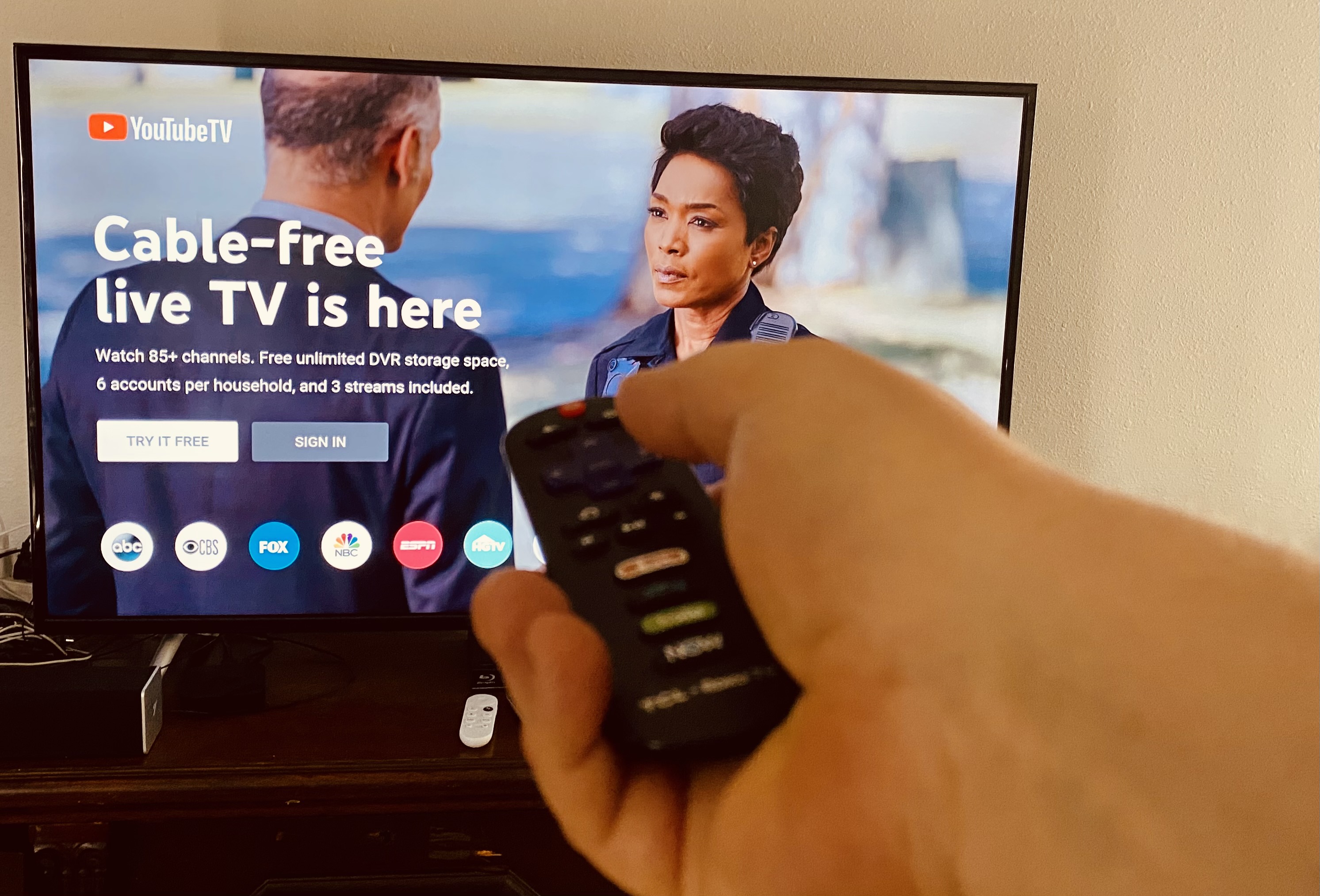Google Says Its Big YouTube App Could Be Removed From the Roku Channel Store on Dec. 9
Roku and Google insists they're still trying to end a six-month kerfuffle that's about to escalate into an app used as much as Netflix being taken off the top connected TV platform

The smarter way to stay on top of the streaming and OTT industry. Sign up below.
You are now subscribed
Your newsletter sign-up was successful
Escalating perhaps the biggest "carriage dispute" happening right now in the technology/media/telecom business, a video app used as much as Netflix could get removed from the top connected TV platform within the next two months.
Roku told users in a blog posting Thursday that it's still trying to work out a six-month kerfuffle with Google that resulted in the removal of the YouTube TV app from Roku's Channel Store. However, things could potentially escalate soon, with Google also warning of the very real possibility that the broader YouTube app--not just the vMVPD--could be removed from Roku's Channel Store on Dec. 9.
Also read: Roku’s Removal of YouTube TV: What’s Happening and Why?
Google released this statement: "Since we haven’t been able to continue our conversations in good faith, our partnership for all new Roku devices will unfortunately end on December 9. We are, however, giving Roku the ability to continue distributing both YouTube and YouTube TV apps to all existing users to make sure they are not impacted.”
Since April, Roku users haven't been able to download the YouTube TV app from the Roku Channel Store. YouTube TV-subscribing Roku users who had already downloaded the YouTube TV app on their home screen have continued to access it since April. And Google established a workaround, integrating YouTube TV functionality into the broader YouTube app.
With the deal to support that broader YouTube app also coming to an end, it appears that only Roku users who've already downloaded the YouTube app before Dec. 9 will still have access to it after that day.
According to Nielsen, connected TV usage of YouTube accounted for 6% of all U.S. TV watching in September, the same share as Netflix.
The smarter way to stay on top of the streaming and OTT industry. Sign up below.
In what's quickly shaping up to be one of the bigger battles in Silicon Valley, Roku continues to message that it's not in the fight for money.
"There are two primary concerns we are working to address: First, Google continues to interfere with Roku’s independent search results, requiring that we preference YouTube over other content providers," Roku said in its posting.
"This is a concern shared by many companies who believe that customers deserve neutral and relevant results to their search queries. Second, Google discriminates against Roku by demanding search, voice, and data features that they do not insist on from other streaming platforms," Roku added.
Google has been less specific about its beef. But according to Protocol report in April, at the heart of the conflict is Google’s desire to proliferate AV1, an open video codec that delivers superior 4K videos at lower bitrates.
Wide-scale hardware support for AV1 is part of Google’s larger plan to migrate the broader YouTube platform to a 4K/HDR future. Google has already begun mandating third-party makers of Android TV-based OTT devices that they build in support for AV1 into future Android TV-based product offerings.
But here's the conflict: Roku sees its ability to proliferate its operating system on less expensive IP hardware as a “structural advantage," enticing smart TV makers to integrate the Roku OS into their products.
On Thursday, Roku re-amped the rhetorical fight: "Rather than embracing a mutually beneficial partnership approach, some Big Tech enterprises are using their market power to extend control over independent businesses, like Roku, to benefit their broader business objectives at the expense of the consumer, putting a fair and open competitive streaming marketplace at risk," Roku said in its blog posting.
"This is unfortunately the case Roku and numerous other independent companies now face with Google, which is under investigation by the U.S. Department of Justice and more than 30 State Attorneys General for violating competition laws. Doing business with an enterprise as powerful as Google creates complex challenges," Roku added.
Daniel Frankel is the managing editor of Next TV, an internet publishing vertical focused on the business of video streaming. A Los Angeles-based writer and editor who has covered the media and technology industries for more than two decades, Daniel has worked on staff for publications including E! Online, Electronic Media, Mediaweek, Variety, paidContent and GigaOm. You can start living a healthier life with greater wealth and prosperity by following Daniel on Twitter today!

